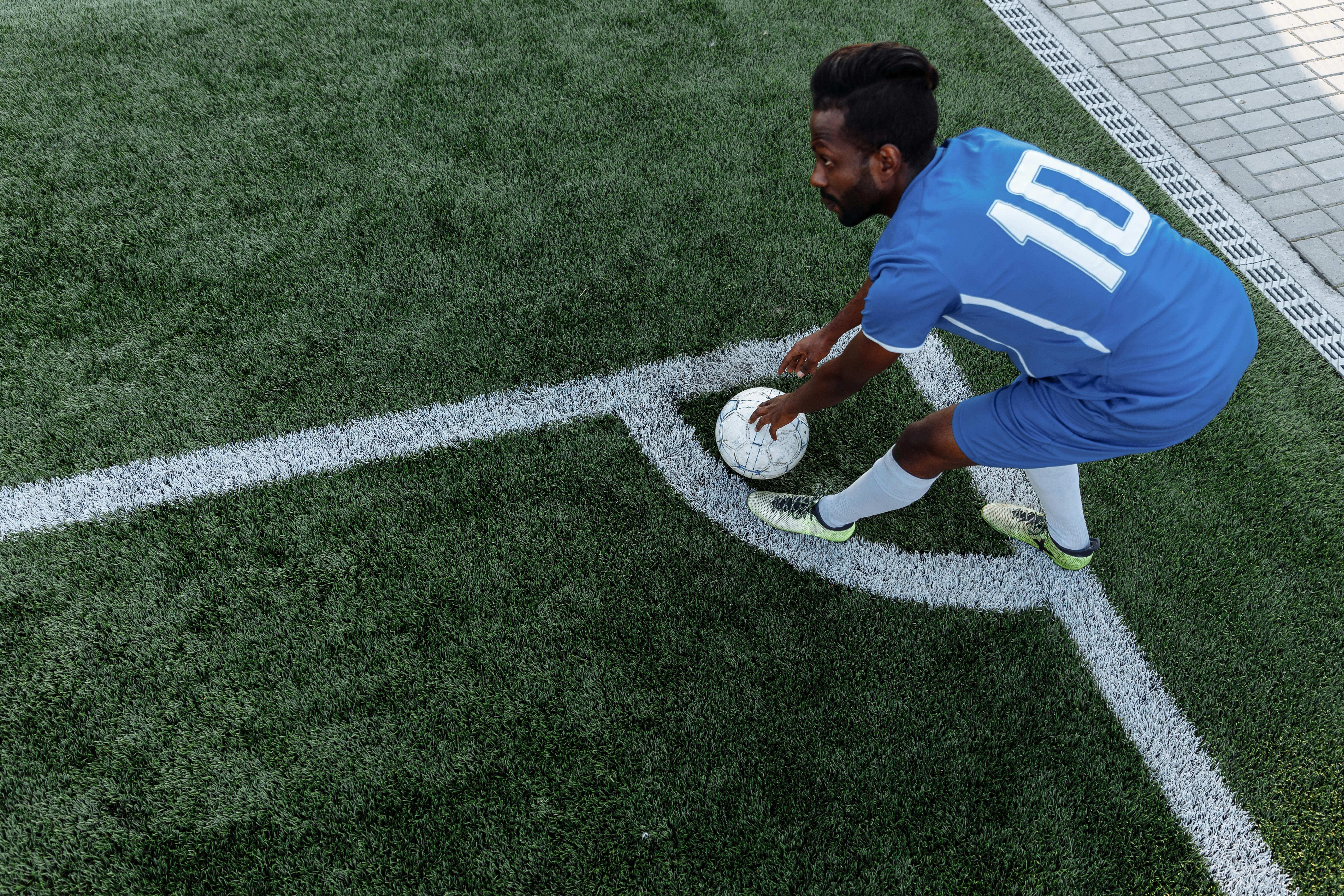Representing and manipulating the data of an image by a computer is called Computer Graphics. In short it is known as CG. The development in this field has created a drastic change in media such as animation and in the video game industry. Most of the mind-blowing effects in theaters are the result of the advancement of computer graphics. Next, let’s discuss some of the basic concepts and principles of CG.
Picture:
An image in a painting is nothing more than a work of art that looks like a person or a physical object. This representation of a physical object or a person can be two-dimensional or three-dimensional. Optical devices like lenses, mirrors, cameras are used to capture such images. A digital image is a representation of a two-dimensional image in binary format, that is, as a sequence of ones and zeros. Raster and vector images are the two types of digital images. But raster images are the most used.
Pixel:
The resolution of an image is often based on the number of pixels in the image. When the image is viewed in a magnified portion, you may notice individual pixels as squares. Generally, pixels are arranged in an ordinary two-dimensional grid, and dots or squares are often used to represent them. Each and every pixel differs in color systems and intensity. A single pixel can be considered as a sample of an image. Increasing the number of pixels, that is, increasing the samples, results in the exact representation of the original image.
Graphics:
The combination of text, artwork, and color is called Graphics. They are the visual representation of any object on the surface, such as a computer screen, wall, paper, etc. Photographs, drawings, maps, diagrams are some of the examples. The main objective of Graphics is to create a style that is unique or an effective communication associated with cultural elements.
Representation:
Using computer programs, an image can be generated from a model. This process is called Rendering. The model contains point of view, geometry, texture, lighting, etc. The image can be a raster graphics image or a digital image. To produce the final video output, this process is used to calculate the effects in a video editing file.
3D projection:
This type of projection is used widely and most preferably in CG, drawing, and engineering. It is a method of mapping three-dimensional points on a two-dimensional plane. Currently, only a two-dimensional plane is used to display graphical data.
Ray tracing:
With this technique, an image can be generated by tracing the path of the light beam through the pixel in an image plane. It has the ability to produce images with extreme photorealism at a higher computational cost.
Shading:
Refers to rendering illustrations or depth in 3D models at different levels of darkness. There are several shading techniques in which perpendicular lines are drawn in a criss-cross pattern to shade an area.
Texture mapping:
This method is used to add surface texture, color, or any detail to a 3D model or computer-generated graphic. A texture map can be assigned to the surface of a shape, for example, a polygon.
